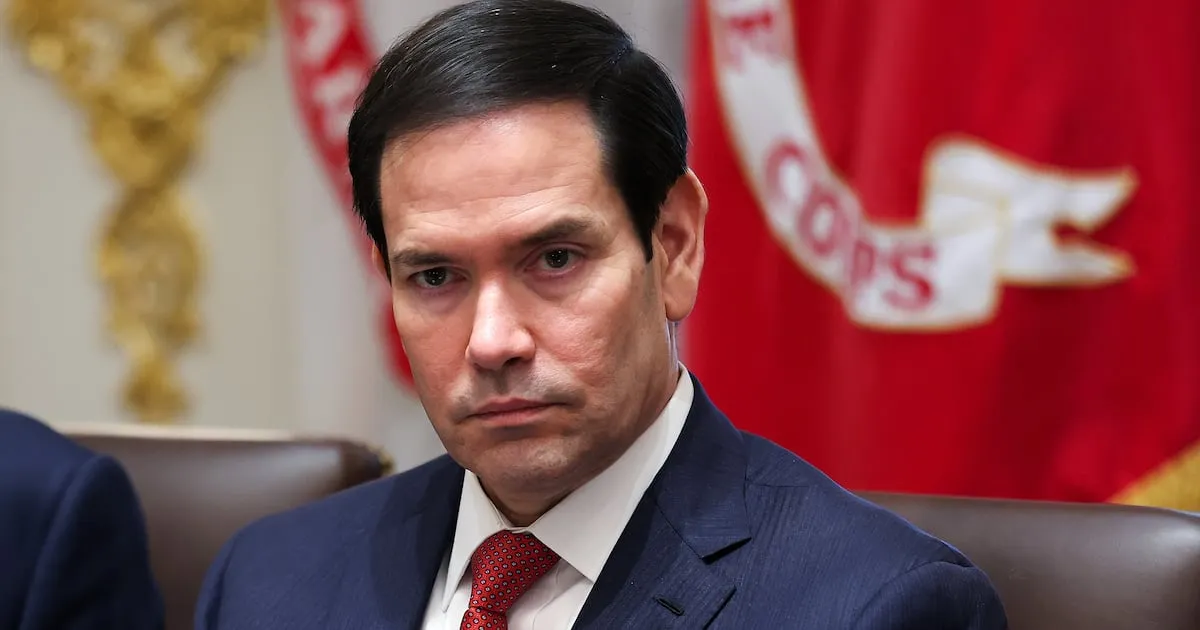
In a shocking revelation, Marco Rubio was reportedly prepared to secure a controversial deal for President Donald Trump, even if it meant compromising the safety of U.S. informants. According to a recent report by the Washington Post, the Secretary of State made a clandestine agreement with Salvadoran President Nayib Bukele to hand over legally protected U.S. informants. This move was aimed at facilitating the deportation of hundreds of Venezuelan immigrants to a notorious prison in El Salvador.
This deal has been criticized as a significant betrayal of U.S. law enforcement, whose agents have risked their lives to apprehend gang members. Douglas Farah, a U.S. contractor who has worked closely with federal officials to dismantle the notorious MS-13 gang, expressed grave concerns about the implications of this agreement, stating that it undermines the very foundation of U.S. law enforcement efforts.
On March 13, President Bukele informed Rubio that he would grant the U.S. access to El Salvador's CECOT megaprison, but only in exchange for the return of nine MS-13 gang leaders currently held in U.S. custody. Despite knowing that some of these individuals were protected under U.S. law, Rubio reportedly agreed to the terms, as indicated by sources familiar with the discussions.
To fulfill this controversial agreement, Rubio stated that Attorney General Pam Bondi would terminate the Justice Department's cooperation agreements with the informants. This action not only jeopardizes the safety of these informants but also poses a threat to ongoing investigations into El Salvador’s crime rates and the ties between Bukele's administration and the MS-13 gang.
Officials have expressed concerns that reneging on protections for U.S. informants could severely cripple ongoing investigations and diminish future cooperation from informants. At least three of the MS-13 leaders Bukele wanted returned had disclosed critical information regarding their secret deals with the gang, which have been instrumental in lowering El Salvador's violent crime rate.
One notable figure, César López Larios, was deported to El Salvador just two days after Rubio's phone call with Bukele, despite facing previous charges in the U.S. for directing MS-13 operations. As of now, several others remain in U.S. custody, raising alarms within law enforcement agencies.
The Daily Beast has reached out to the White House for comments regarding this alarming deal. In a statement to the outlet, State Department spokesperson Tommy Pigott defended the Trump administration’s actions, asserting that the president’s successes “speak for themselves.” He emphasized the administration’s achievements in combating gang violence and enhancing national security, claiming that Americans are safer due to these efforts.
Rubio's willingness to make such a significant promise underscores the lengths to which Trump officials are prepared to go in order to implement the president's aggressive mass deportation agenda. This controversial deal raises critical questions about the future of U.S. law enforcement relationships and the safety of those who cooperate with them.